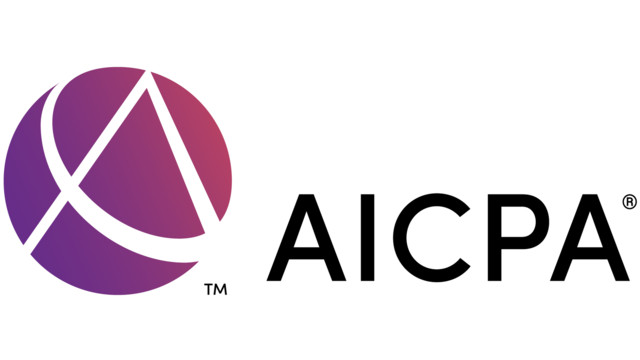AICPA News is a round-up of recent announcements from the American Institute of Certified Public Accountants.
AICPA Supports Letter Requesting Clarification on Notice Suspensions
The American Institute of CPAs (AICPA) is expressing its support for a recent letter sent by Members of the U.S. Senate and the U.S. House to Internal Revenue Service (IRS) Commissioner Charles Rettig requesting clarification on notice suspensions.
The bipartisan, bicameral letter was signed by a group of 100 lawmakers, led by Senators Bob Menendez (D-NJ) and Bill Cassidy (R-LA), and Reps. Abigail Spanberger (D-VA), Gus Bilirakis (R-FL), Mike Kelly (R-PA), Jimmy Panetta (D-CA) and Brian Higgins (D-NY).
The Members of Congress are seeking clarification on which notices remain unsuspended and why; whether the IRS is working to suspend additional notices and when; why the IRS has not suspended notice CP2000, Notice of Underreported Income; whether the IRS is contemplating delaying implementation of schedule K-2/K-3’s; and if the IRS has determined it can provide penalty relief for taxpayers offered in the 2020 and 2021 tax years.
Impact of Unfilled Jobs: Staff Restructurings, Delayed Projects and Deferred Expansions
Almost one in four U.S. business executives said the ongoing impact of unfilled jobs had forced them to restructure staff to protect core operations or limited the pursuit of new projects or bids, according to an AICPA & CIMA survey.
A dearth of skilled job candidates had been a top concern for businesses for years before the pandemic and quickly reemerged as the recovery progressed. Business leaders list “availability of skilled personnel” as a challenge second only to inflation in the latest AICPA Economic Outlook Survey, which polls CEOs, CFOs and other senior-level CPAs and management accountants in the finance function. Top-line results of the quarterly survey were released earlier this month.
Some 82% of business executives said their organizations were having at least some difficulty with recruitment and retention, with 17% characterizing it as extreme difficulty. The latter is actually an improvement from the fourth quarter last year, when it stood at 25%.
Some 31% of survey takers said mid-level staff openings have been the most difficult to fill, while 28% said the problem is across the board. One in four identified entry level positions as the most challenging category to recruit.
While 40% of business executives said unfilled jobs have not had a significant impact on operations, a majority said the problem had manifested itself in several ways within their organizations. The most common outcomes (survey takers could choose more than one):
- Restructured staff to protect core operations (24%)
- Limited new projects or bids (23%)
- Delayed service expansions (16%)
- Slowed customer/client acquisition (9%)
- Reduced hours of operations or work shifts (7%)
- Closed some work locations (3%)
To combat the tight labor market, companies have adopted a number of recruitment and retention strategies, principally higher wages and more flexible work arrangements, although the former has been driven in part by inflationary pressures. Signing bonuses are also increasing as a tactic to attract new talent.
Thanks for reading CPA Practice Advisor!
Subscribe Already registered? Log In
Need more information? Read the FAQs





